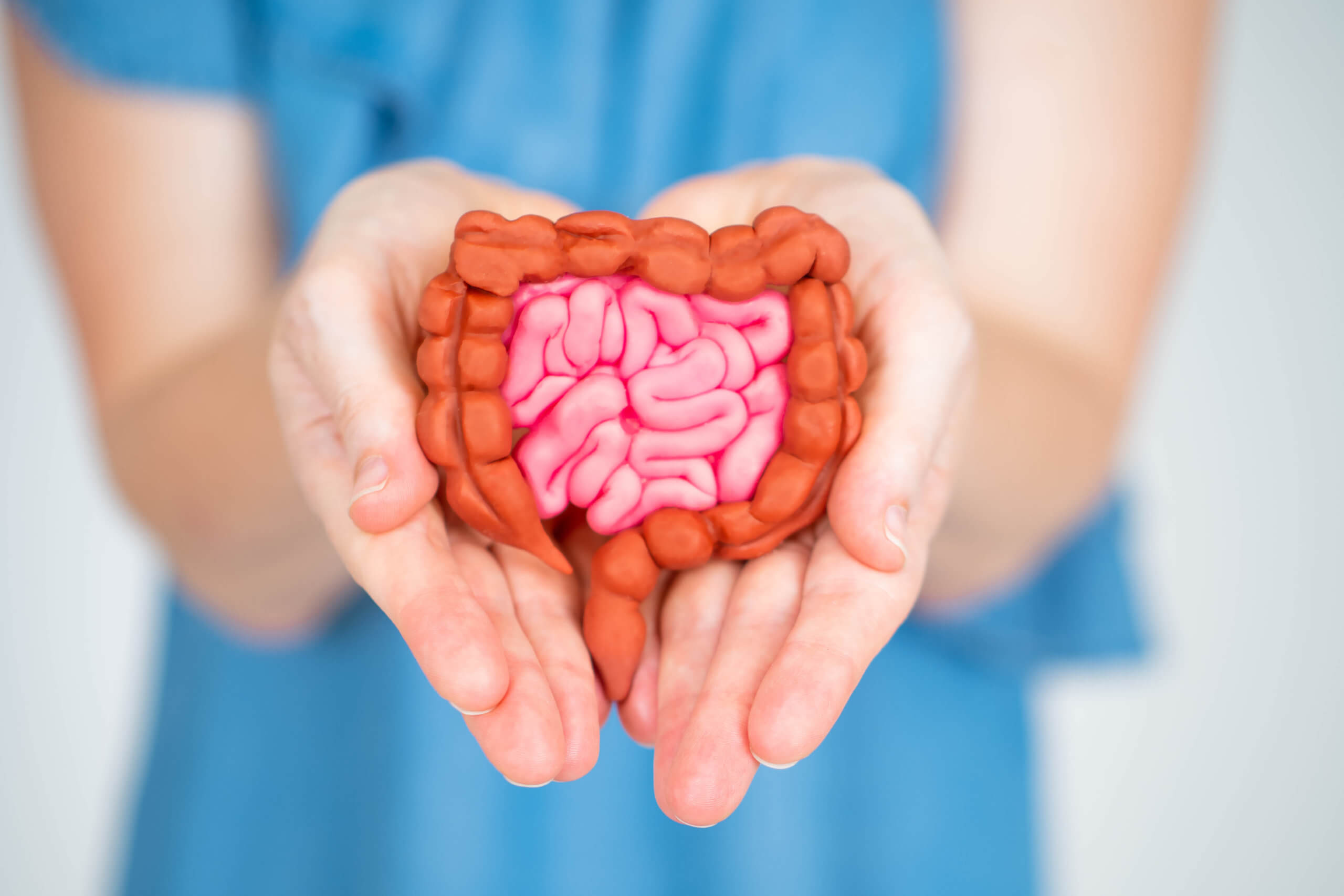The relationship between healthy gut microbes and a flourishing aging process is a growing area of exploration. Many experiments conclude that the gut environment is a considerable determinant of immunity and cognition complications related to aging.
Nothing can nor will stop the process of aging, even if we have been basically sold that idea through the cosmetic industry. The fact that the emphasis on gut health in health science research is still comparatively new to other topics — especially age-related ones — until around five or six years ago hasn’t helped to combat this as far as public awareness. A 2017 Canadian study was a catalyst for putting more effort into the topic, finding that aging in mice was associated with changes in gut microbiota related to inflammation.
Much more recently, a 2021 study from the University College Cork in Ireland showed that fecal microbe transplantation from young to old mice with cognitive decline was able to successfully halt and undo the harm that poor aging had done. “In restructuring host-microbe symbiosis, such animal experiments are key to documenting a potential causality,” explains Dr. Joël Doré, research director at the French National Research Institute for Agriculture, Food and Environment, in a statement.
While these studies need to be repeated in animals before drawing conclusions and solidifying worthwhile results that can be transferrable to humans, there are some things we do know about how the gut evolves over time. Starting from our toddler days when solid foods are first given, gut bugs quickly begin to kick into gear in response. The gut will develop diverse bacteria along the lining, and this persists throughout all of the life stages, largely changing for better or worse depending on diet and lifestyle choices.
In older age, beginning in one’s 60s generally, the diverse nature of healthy gut bacteria begins to decline. This leaves the gut more prone to holding onto harmful, inflammatory microbes.
While more human studies should be conducted, doctors and experts recommend ensuring the diet is rich in plant fiber prebiotics and probiotics from foods like yogurt or kimchi. It’s also best to minimize consumption of sugary and processed food.
“Preserving microbiome richness and the gut barrier are probably among the most effective means of preventing microbiota and immune ‘aging’,” notes Doré. “A rich and diverse intake of organic plant-based food (providing fibers and polyphenols) is a good place to start.”
While findings so far can suggest that treatments targeting age-related microbe strains can offer benefits to patients with poor immunity and cognition in older age, this and other lifestyle choices still remain on top as strong tools for a healthy brain and robust immune system. As always, we recommend speaking with your doctor before making any changes to your diet or lifestyle.

Do you send out a newsletter with links to new articles? THIS SITE IS INCREDIBLE and many need the information. Thanks for caring!